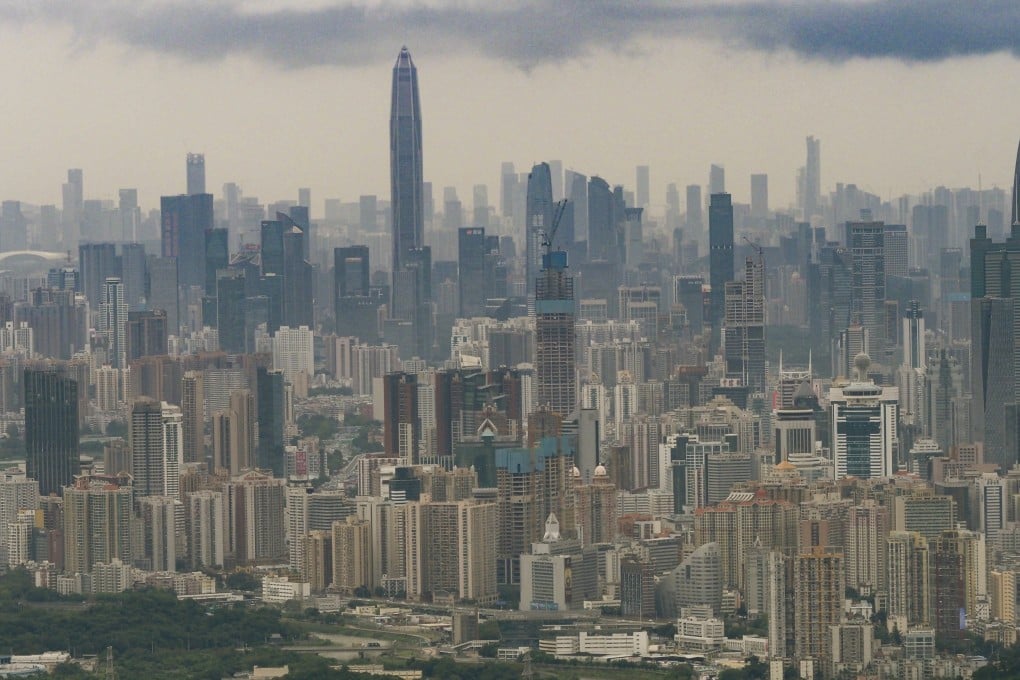Advertisement
Hong Kong’s Hysan Development, Swiss flexible office giant IWG eye expansion of their co-working spaces in the Greater Bay Area
- Hysan and IWG’s joint venture currently operates 34 flexible office centres across Hong Kong and the bay area and is looking to increase this
- A recent survey by IWG found more than three quarters of jobseekers in the bay area were more likely to apply for roles that offered hybrid working
Reading Time:3 minutes
Why you can trust SCMP

Hong Kong-based property company Hysan Development and flexible workspace provider IWG are looking to set up more co-working spaces in the Greater Bay Area (GBA) as organisations look to retain talent amid a changing landscape in which working remotely is more commonplace.
“All signs are pointing to the accelerated adoption of hybrid working, with businesses around the world continuing to recognise the benefits it brings to people, planet and profits,” said Paul MacAndrew, country manager for IWG in Hong Kong and Greater Bay. “In this regard, the GBA represents a massive opportunity.”
Hysan and IWG’s joint venture currently operates 34 flexible office centres across Hong Kong and the bay area, including the group’s flagship Hysan Place and Lee Garden Three under their “Spaces” and “Signature” brands.
Advertisement
“Currently we have centres in Guangzhou, Shenzhen, Zhuhai, Foshan and Hong Kong. We will keep deepening our roots in these locations and continue to extend our footprints in other cities of the GBA where we see fit,” MacAndrew said. “Our ambition is to offer a comprehensive GBA network, which means we will be looking to add more cities in the future.
“We are seeing more GBA property owners interested in discussing the opportunity of working with IWG to offer flexible workspace within the building or buildings.”
Advertisement
IWG, which has its headquarters in Switzerland, has 145 locations in Greater China, including the 34 established with Hysan.
Advertisement
Select Voice
Choose your listening speed
Get through articles 2x faster
1.25x
250 WPM
Slow
Average
Fast
1.25x
